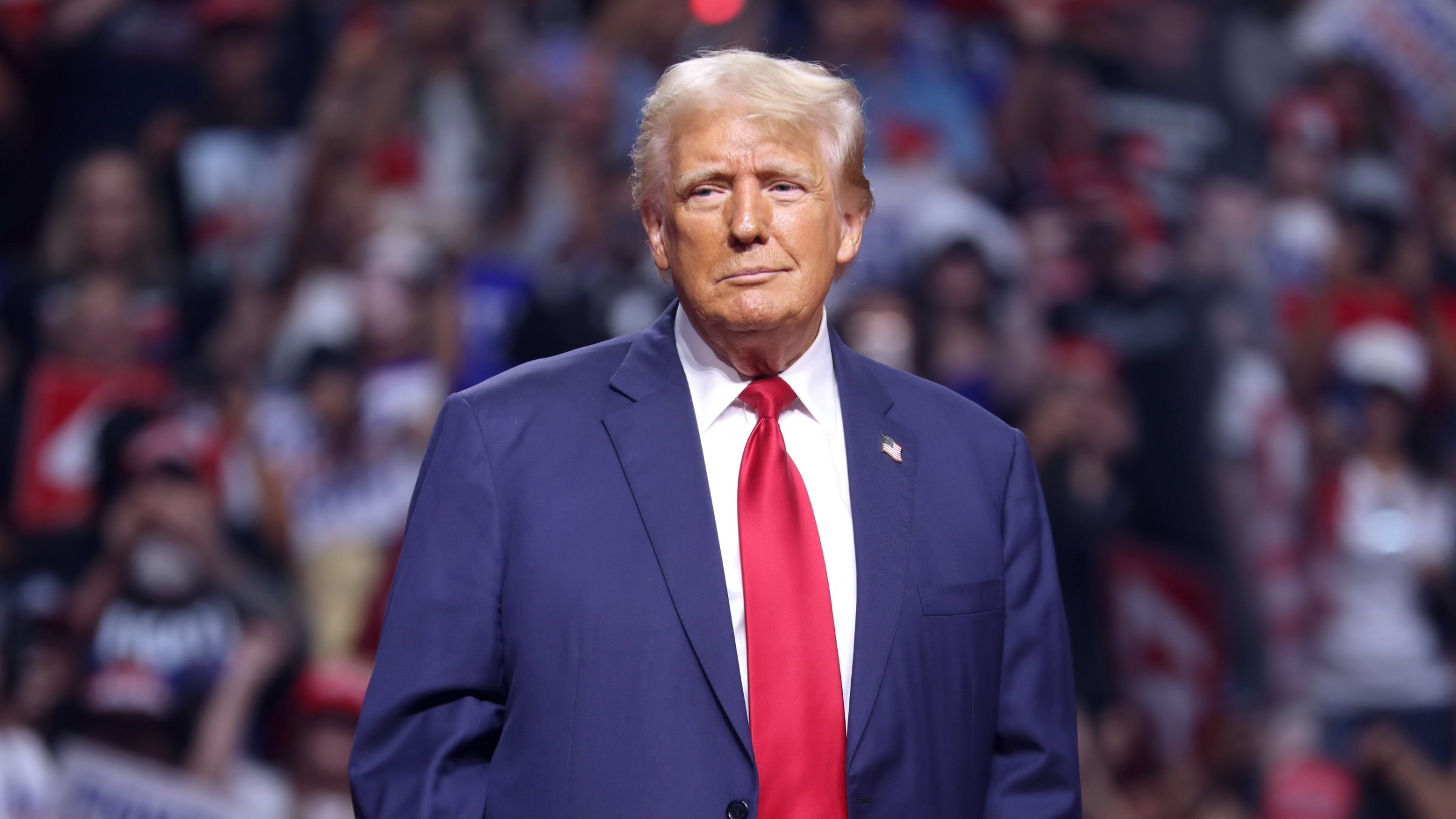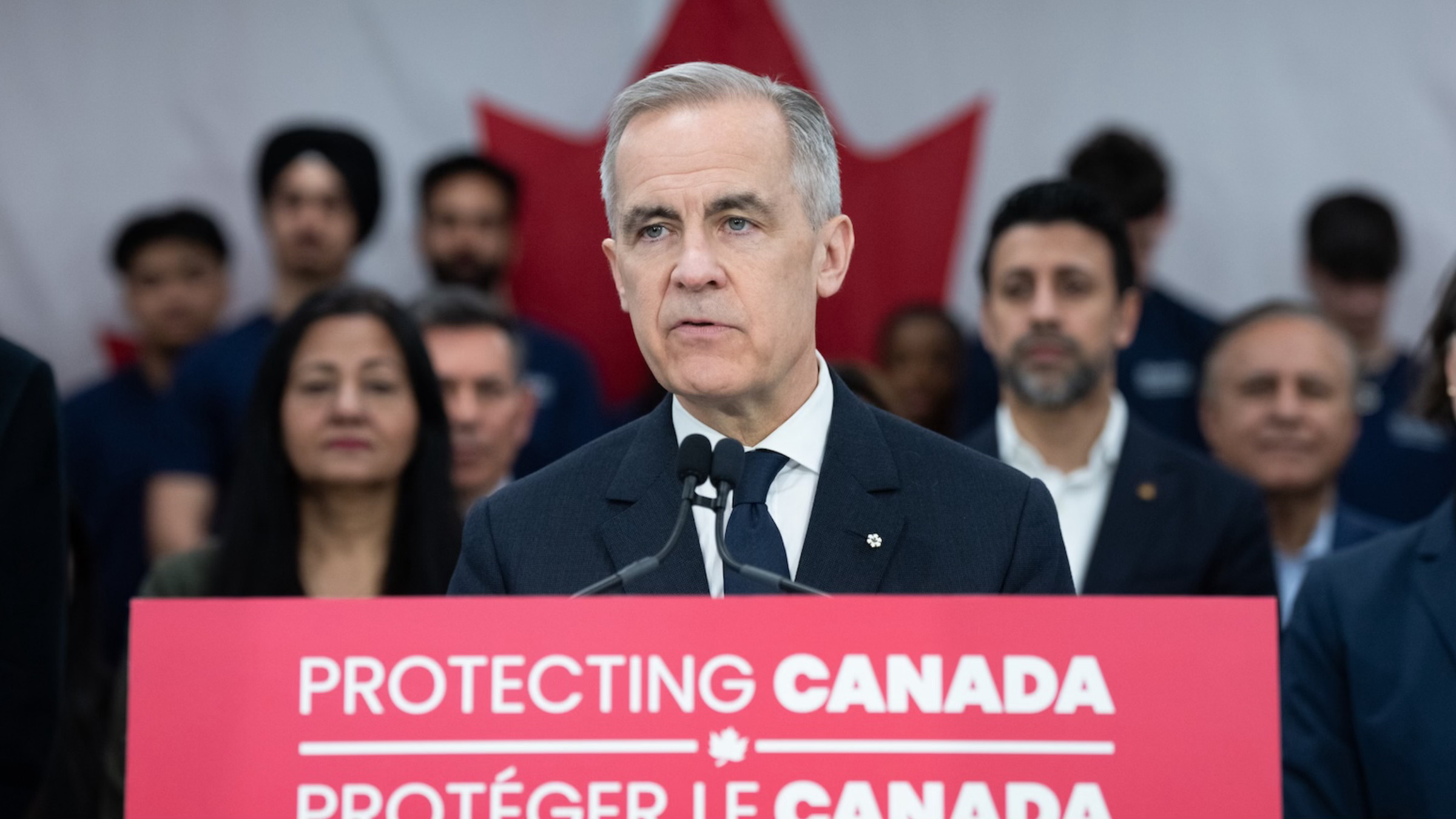On Sunday night, Canada’s finance minister announced the government would be rescinding the country’s digital services tax until further notice. The 3% tax on revenues over C$20 million earned from Canadian users has been delayed since 2022, but companies were supposed to make their first payments on Monday, backdated to the original start date. Unsurprisingly, tech executives were furious — and pressured their man in Washington, DC to step in.
Digital services taxes have been in the US tech industry’s crosshairs for years. The taxes are being passed around the world, in response to the fact multinational tech companies — often headquartered in the United States — are not just operating, but are dominant players in many countries, yet often don’t pay a reasonable amount of tax because they shift their revenues to lower tax jurisdictions.
Several years ago, countries came together at the Organization for Economic Co-operation and Development to hash out a global tax deal that would see major tech companies pay more tax in the countries where the revenue is actually earned, rather than where it’s diverted after the fact. But the United States, under former president Joe Biden and now Donald Trump, has stood in the way of the most important parts of the deal.

When Trump returned to office in January, he effectively killed the global corporate tax arrangement. Even though he threatened tariff retaliation on any country that passed a digital services tax in response, government around the world felt emboldened by the move — to the degree that dozens of countries across every continent have adopted or plan to implement such taxes on major tech companies.
Given Canada’s close proximity to the United States and the three-year backdating of the tax, it’s been in the industry and the Trump administration’s crosshairs for some time. On Friday, Trump presented the Canadian prime minister with an ultimatum: the digital services tax had to go, or trade talks that Canada hopes will lift some of the tariffs on its economy were dead.
Despite spending the spring election telling Canadians it was “elbows up” against the United States, Carney folded under the pressure. It didn’t just show cowardice and further suggest his nationalist rhetoric was deceptive posturing; it also demonstrated to Trump that Canada can be pressured to make significant concessions in trade negotiations that Carney is hoping will be concluded by July 21. He previously said there would be an agreement by the time of the G7 meeting in mid-June.
Even White House Press Secretary Karoline Leavitt said that Carney “caved” on Monday, showing Trump has the upper hand. But it also says something about the power of the tech industry on both sides of the border.
Silicon Valley’s relationship with the Trump administration isn’t as wonderful as some tech executives once hoped. They haven’t gotten everything they wanted and have certainly taken a hit from Trump’s tariff war. But that doesn’t mean they’ve won nothing. The fight against digital services taxes, and tech regulations by foreign governments more broadly, is one place where the industry and the administration are clearly aligned and making progress. The United States may be declining, but it still has enough power to push most other countries around.
Tech executives are also gaining influence with the more business-oriented government led by Carney north of the border. An important feature of Carney’s “elbows down” governing style has been to try to make Canada an attractive place for tech investment, particularly when it comes to artificial intelligence and data centers.

Canada’s AI minister has said the government will not be “over-indexing” on regulation and that future legislation will address issues around training on copyrighted works. The Liberal Party’s platform committed to taking down “red tape” on data center construction and the government now talks about AI as an important defense investment and way to make the public sector more efficient. Carney already removed the planned increase to the capital gains tax that infuriated local tech executives, and now has followed it up by killing the digital services tax. He’s even be cozying up to Saudi Arabia and the United Arab Emirates to try to tap into its deep coffers for some Canadian AI investment.
Carney’s decision to back down on the digital services tax isn’t a surprise, given the tone his government has taken toward Trump. The prime minister occasionally praises the president and has even said Canada would join his ridiculous Golden Dome project. The nationalist front has all but disappeared, as the true politics of the central banker leading Canada take center stage: an approach to government that puts pleasing wealthy businesspeople as the top priority.
Given all the money being splashed out chasing AI fantasies in recent years, Carney’s government is desperate to get a piece of the pie. It doesn’t matter if AI is just another tech bubble and whether there’s real long-term prosperity being built; the tech industry has money to spend, and the government wants to make sure more of it gets spent in Canada. So whether it’s some pesky environmental regulations, the rights of migrants, or a digital services tax standing in the way, Carney is ready to sacrifice it all to keep the capital flowing.












Member discussion